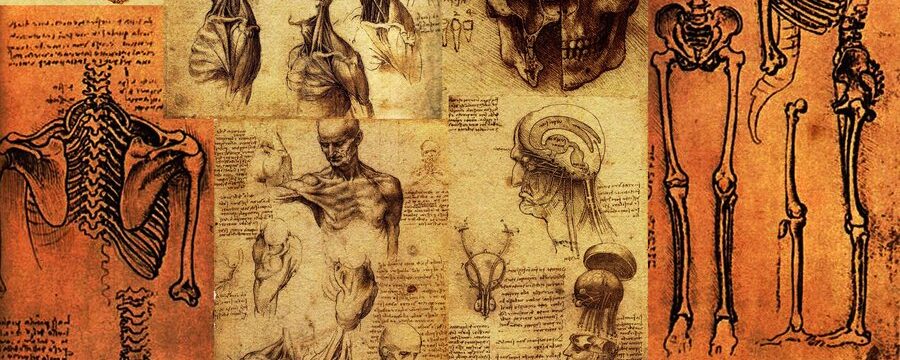The patient, Mr. L, is a 47-year-old father of 2 with a history of alcohol abuse. He needed a cholecystectomy after being diagnosed with pancreatitis and biliary colic. Before the surgery could take place, Mr. L indicated that he didn’t want pain medication after the surgery because God wants him to suffer. Mr. L’s physician, Dr. J, spoke to Mr. L about the importance of pain medication to his recovery after surgery. In addition, Dr. J asked the chaplain, Mr. K, to speak to Mr. L, hoping to understand more about his spiritual concerns. From the conversation, Mr. L told Mr. K that God wanted him to be in pain because he had done so much wrong in his life, so he didn’t deserve the pain medication.
This case from the AMA Journal of Ethics illustrates a dilemma between autonomy and beneficence. Autonomy allows the patient to make medically informed decisions for himself based on his own values and beliefs. Beneficence requires the physician to provide procedures or recommendations that are good for the patient. With the intention of doing good, Dr. J will need to give Mr. L pain medication so Mr. L can recover properly with minimum suffering. However, this recommendation conflicts with Mr. L’s decision of not to receive any pain medication.
Even though Dr. J’s recommendation justifies beneficence, Mr. L’s autonomy should still be respected. Respect for autonomy trumps beneficence because Mr. L is a legal adult with the mental capability of making his own decisions. He understands that not receiving pain medication will result in excruciating pain and possible post-op complications like pneumonia because the pain can prevent him from taking deep breaths. Knowing the risks, Mr. L is capable of making an informed decision about his medical care, and this decision should be respected even though it goes against the physician’s advice. The purpose of shifting from a paternalism model to a patient-centered model is to give patients greater autonomy. The main difference between these two models is that patients are encouraged to make decisions that best fit their own values and beliefs. Religion is an important part of many people’s life. It shapes people’s views and can often influence one’s decision-making. Other than being a patient, Mr. L is also a believer. He sees this as a punishment from God and a chance of redemption. Thus, he made a decision to comply with his religious beliefs and not to comply with the doctor’s order.
Based on the principle of beneficence, Dr. J believed the proper post-op care includes prescribing pain medication. Dr. J also made the effort to understand more about Mr. L’s spiritual concerns by asking a chaplain to be involved in the case. Dr. J did the right thing in trying to find a common ground to best accommodate the patient’s beliefs. But, if an agreement still cannot be made, Dr. J should respect Mr. L’s decision.
One might argue that beneficence should trump autonomy because respecting autonomy is allowing patient suffering in this case. However, go against the patient’s will and administering pain medication is disrespecting the patient’s religious belief. This would cause harm in a spiritual way, which is as destructive as physical harm. This would also jeopardize the therapeutic relationship between physician and patient. Moreover, Mr. L will less likely to seek medical advice in the future knowing that his decision will not be respected.
Religion plays a significant role in influencing one’s judgment. When medical and religious perspective contradicts each other, the physician should make effort to best accommodate the patient’s spiritual needs. In the above case, autonomy trumps beneficence. The patient has the ability to make decisions that are in their best interest. Thus, they should decide what ought to be done.
Reference
What Should Physicians and Chaplains Do When a Patient Believes God Wants Him to Suffer? (2018). AMA Journal of Ethics, 20(7), 613–620. https://doi.org/10.1001/amajethics.2018.613


